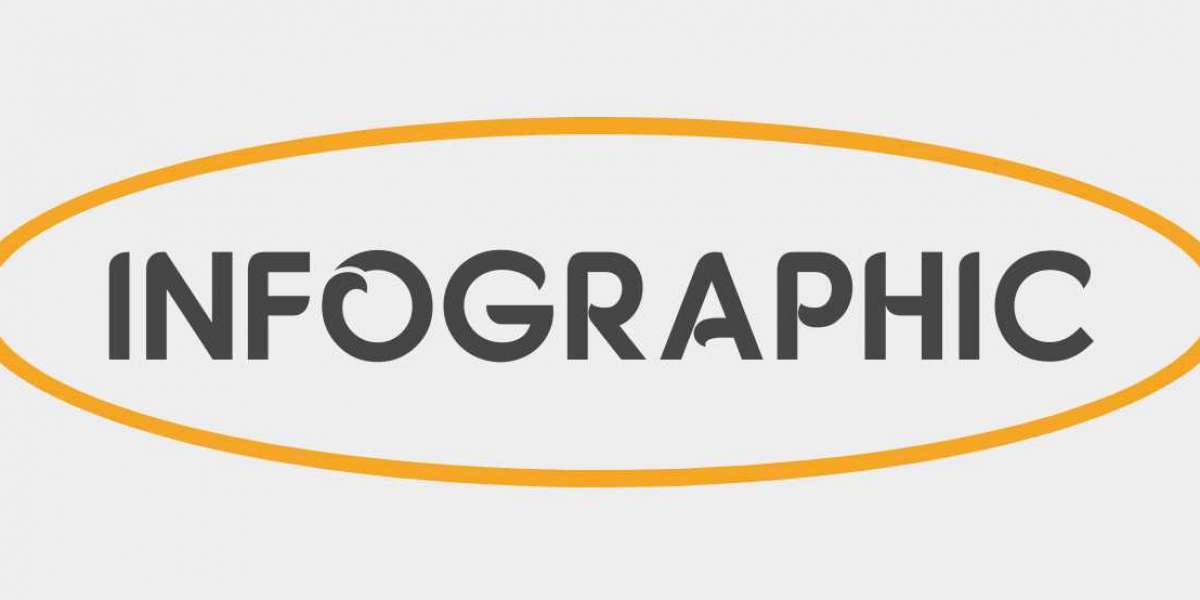Navigating this law can be complex, but knowing your rights can help you protect yourself from unfair and abusive practices.
What is the Consumer Credit Protection Act?
The Consumer Credit Protection Act is a federal law that was enacted to protect consumers from unfair debt collection practices. It covers a wide range of consumer credit issues, including debt collection, credit reporting, and credit card fraud. The CCPA is designed to ensure that consumers are treated fairly by creditors and debt collectors, and that they have access to accurate information about their credit history.
Features of the Consumer Credit Protection Act
- Prohibition against abusive debt collection practices
- Requirement for accurate reporting of credit information
- Protection against discrimination based on credit history
- Right to dispute inaccuracies in credit reports
One of the key features of the CCPA is that it prohibits debt collectors from using abusive or deceptive practices to collect debts. This means that debt collectors are not allowed to harass, threaten, or lie to you in an attempt to collect a debt. They are also required to provide you with certain information about the debt, such as the amount owed and the name of the original creditor.
Another important feature of the CCPA is that it requires credit reporting agencies to provide consumers with accurate information about their credit history. This means that if there are inaccuracies on your credit report, you have the right to dispute them and have them corrected. This can be crucial for maintaining a good credit score and accessing credit in the future.
Benefits for Consumers
Understanding and asserting your rights under the Consumer Credit Protection Act can have several benefits for consumers. By knowing what debt collectors are and are not allowed to do, you can protect yourself from harassment and abuse. You can also ensure that your credit report is accurate, which can have a positive impact on your ability to access credit and secure favorable terms on loans and credit cards.
Statistics on Debt Collection Practices
According to the Consumer Financial Protection Bureau, debt collection is one of the most common consumer complaints received by the agency. In 2020, there were over 80,000 complaints related to debt collection practices. This highlights the importance of knowing your rights under the CCPA and taking action if you believe your rights have been violated.
Additionally, research has shown that consumers with errors on their credit reports can face higher interest rates and may even be denied credit altogether. By disputing inaccuracies on your credit report and ensuring that it is accurate, you can potentially save money and have greater access to credit options.
Dealing with debt collection agencies can be stressful, but knowing your rights under the Consumer Credit Protection Act can help you navigate the process with confidence. By understanding the features of the CCPA and the benefits it provides to consumers, you can protect yourself from unfair debt collection practices and maintain an accurate credit history. If you believe your rights have been violated, don't hesitate to take action and assert your rights under the law.
Learn more at this link: FCBA (Fair Credit Billing Act) Lawyers


